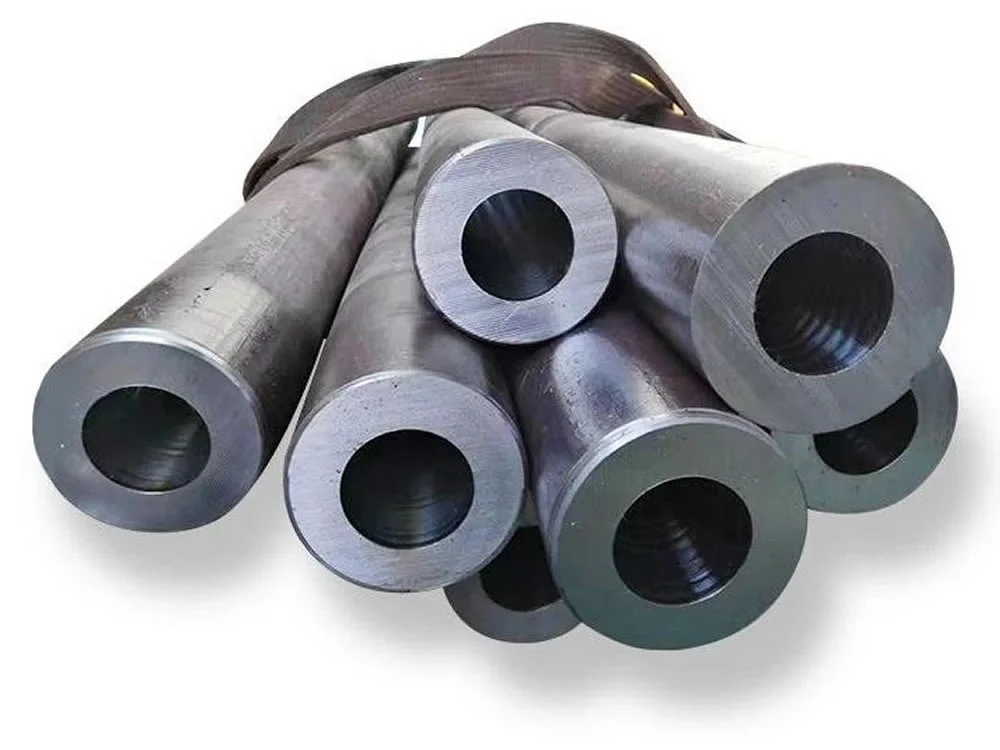
Alloy Steel Pipes
High-strength Piping For Demanding Industrial Applications
Alloy steel pipes deliver superior strength, corrosion resistance, and thermal stability, making them ideal for boilers, pressure vessels, and chemical processing lines.

High-strength Piping For Demanding Industrial Applications
Alloy steel pipes deliver superior strength, corrosion resistance, and thermal stability, making them ideal for boilers, pressure vessels, and chemical processing lines.
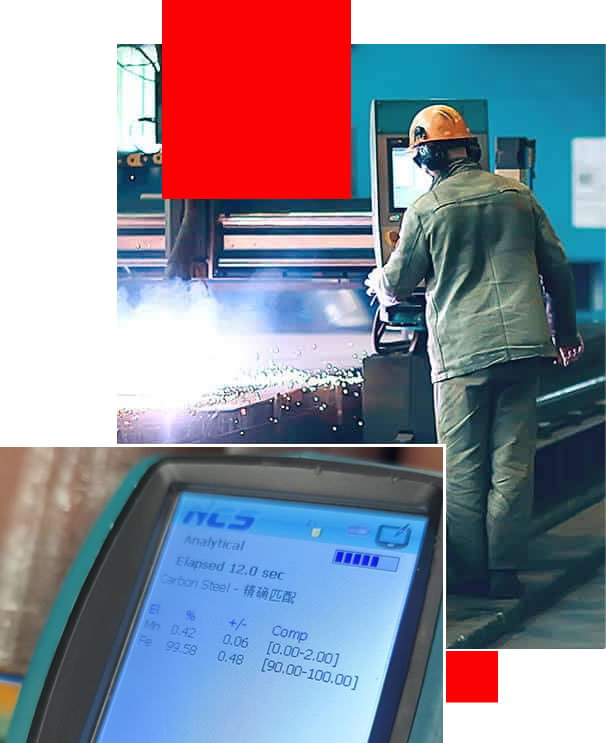
Alloy Steel Pipes are made from high-strength alloys and are known for their exceptional mechanical strength, corrosion resistance, and thermal stability. They are used in a wide range of industries, including power generation, transportation, and manufacturing.
| Outer Diameter | 10mm – 800mm |
|---|---|
| Wall Thickness | 2mm – 100mm |
| Length | Custom or Standard (5.8m, 6m, 11.8m, 12m) |
| Standards | ASTM, ASME, EN, DIN, GB |
| Surface | Black, Galvanized, Anti-corrosion coated |
Petrochemical Industry
Thermal Power Plants
Oil & Gas Pipelines
Alloy steel pipes are categorized by both standards and grades, each designed for specific performance requirements and applications. Common standards include ASTM A335, A519, and A213, while grades like P5, P9, P11, P22, and P91 are frequently used within these standards.
| Standard | Detailed Grades | Main Applications |
|---|---|---|
| ASTM A335 / ASME SA335 | P1, P2, P5, P9, P11, P12, P15, P21, P22, P23, P24, P36, P91, P92, P122, P911 | High-temperature pressure systems: power plants, refineries, and chemical plants |
| ASTM A213 / ASME SA213 | T2, T5, T5b, T9, T11, T12, T17, T22, T23, T24, T91, T92, T122, T911 | Boiler tubes, superheaters, and heat exchangers |
| ASTM A519 | 4130, 4135, 4140, 4145, 4150, 1020, 1026, 1330, 8620 | Mechanical tubing, structural applications, automotive components |
| API 5L | A25, A, B, X42, X46, X52, X56, X60, X65, X70, X80, X100 | Oil and gas transmission pipelines (onshore and offshore) |
| EN 10216‑2 | 13CrMo4-5, 10CrMo9-10, 12CrMo19-5, X10CrMoVNb9-1, X11CrMo5, 14MoV6-3, X20CrMoV12-1 | European pressure vessels and high-temperature piping |
| GB / SH Standards | 15CrMoG, 12Cr1MoVG, 10CrMo910, 12CrMo, 1Cr5Mo, WB36, 10Cr9Mo1VNb (equiv. T91) | Petrochemical, power generation, high-pressure boilers in Chinese systems |
Alloy steel is made by combining carbon steel with one or several alloying elements, such as titanium, copper, chromium, aluminum, manganese, silicon, and nickel. This produces specific properties that are not found in standard carbon steel. Common alloy steel grades include 4130, 4140, 4340, and 8620 for their balance of characteristics like strength, toughness, machinability, and weldability.

Alloy steel pipes offer superior strength, temperature and corrosion resistance, making them ideal for demanding environments across energy, petrochemical, construction, and more.
Used extensively in drilling, subsea and onshore pipelines for crude oil, natural gas, and refined products due to high strength and corrosion resistance.
Ideal for transporting corrosive chemicals, high-pressure reactor feeds, and heat exchanger tubing where carbon steel fails.
Used in high-temp boiler tubes, superheaters, reheaters, and steam piping; withstands extreme temperatures and pressures efficiently.
Used as structural pipelines, piling tubes, and transport lines in high-rise buildings and bridges due to high structural strength.
Suitable for transporting liquefied gases and cold media, where toughness and strength must endure sub-zero temperatures.
Alloy steel pipes are fully recyclable and support energy-efficient systems, aligning with green standards in modern industry.
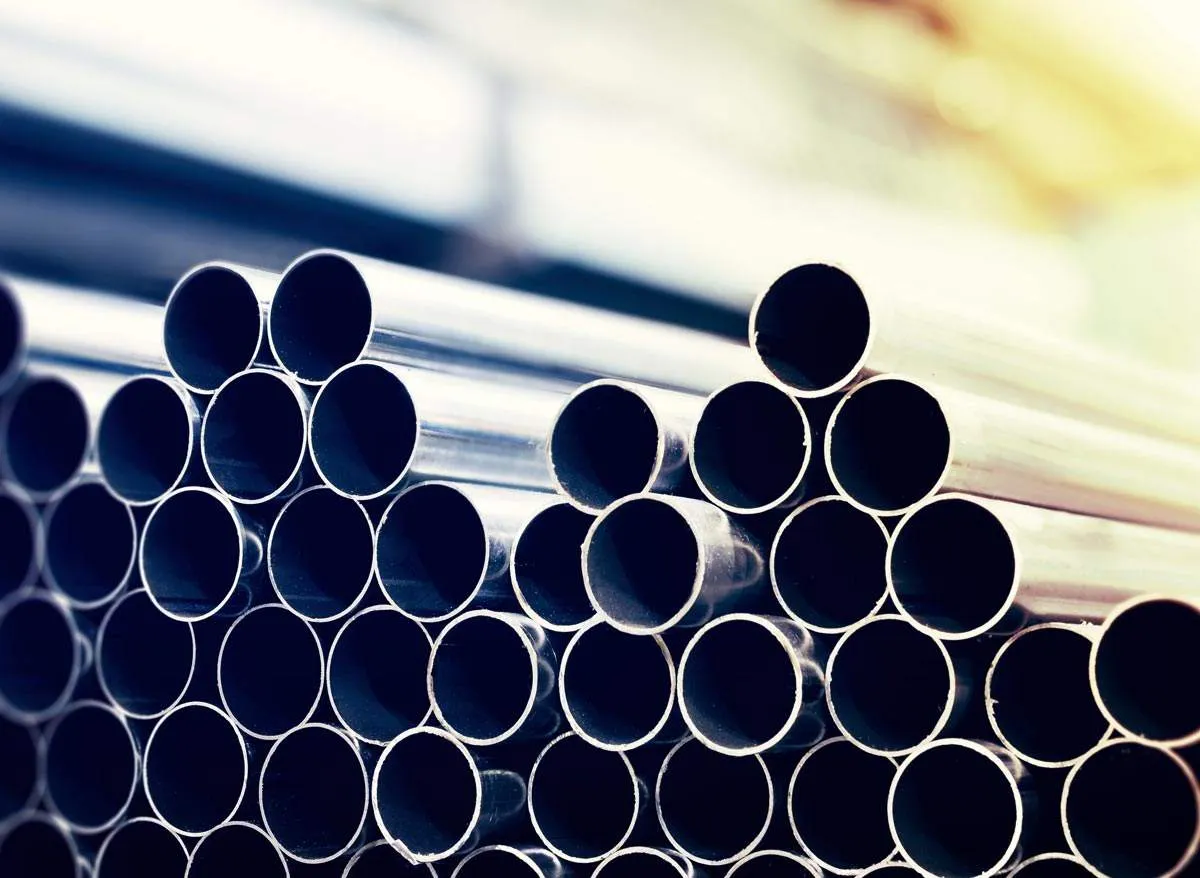
Stainless steel pipes and tubes offer exceptional ...
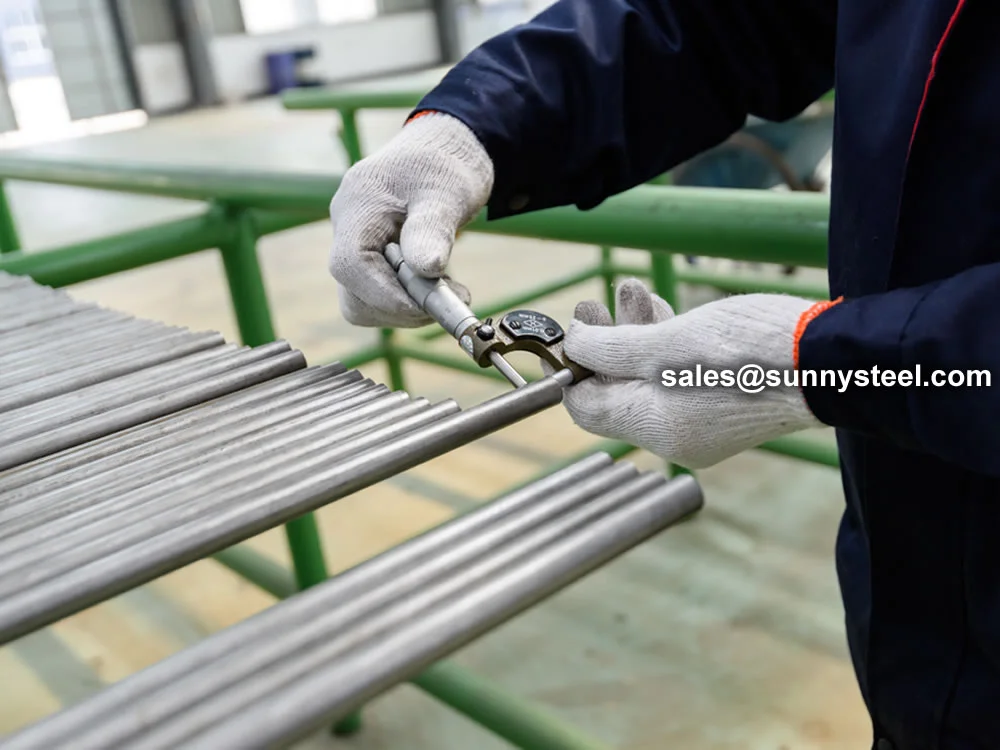
Seamless pipes offer superior strength, uniformity...
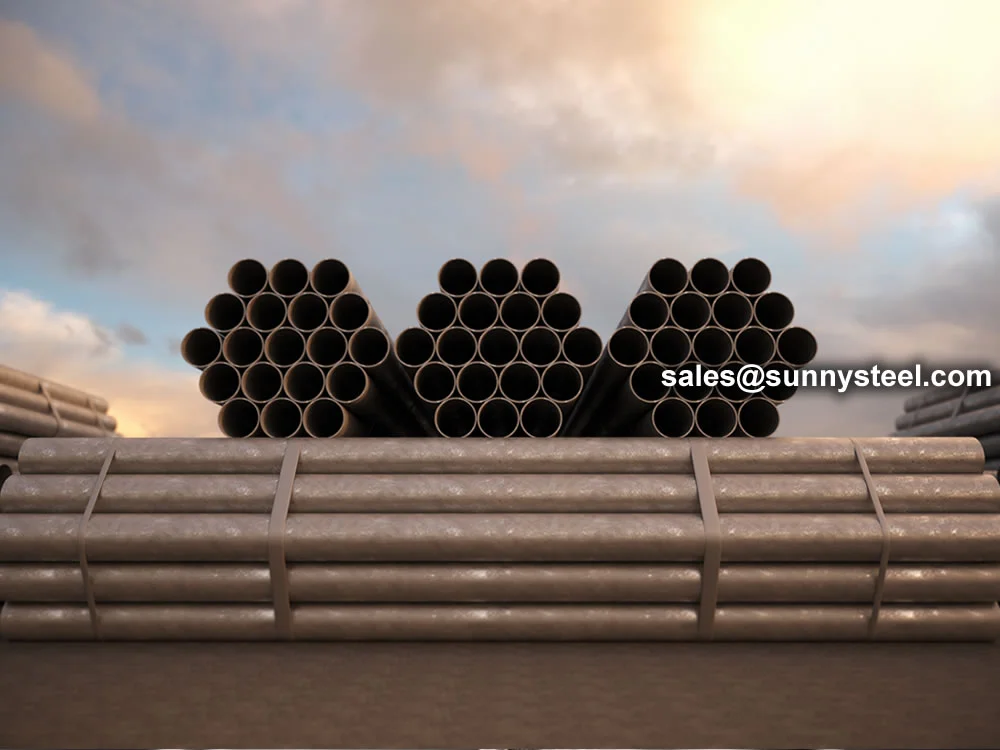
We supply high-quality welded steel pipes includin...